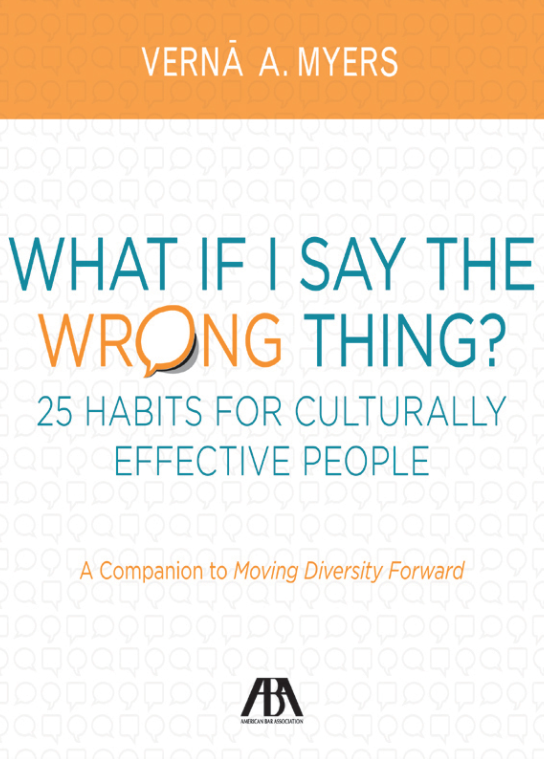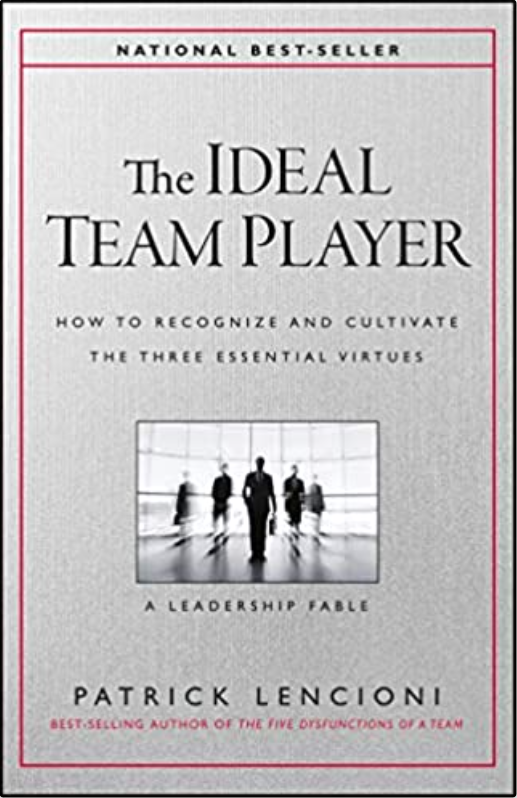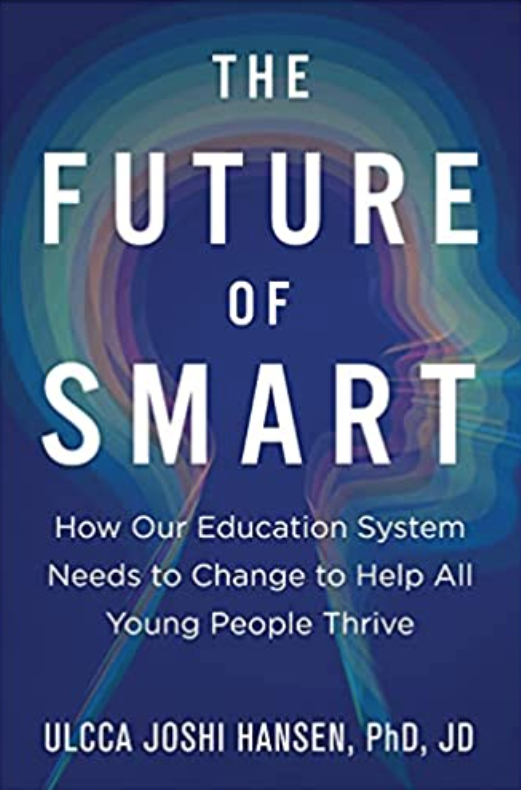Free Content. Subscription Services. Customized Workshops.
To view a distillation click on the book cover or Read More link below the excerpt. Not sure how to use the distillations to improve your practice, learn more about them on our Distillations Explained page.
To find another book, return to the Book Search page.
Who Not How
If you’ve ever outsourced work you didn’t want to do, then you understand the joy of freeing up your time while knowing the work was still being done. That theme…applied to all aspects of your life, is the basis of Who Not How. A great read for anyone looking to dramatically expand their influence on the world.
Brand with Purpose
Brand With Purpose will give you much to think about. Is your website effective? Do you network the right way? Is the Mission of your school articulated online, in print and on campus enough and in the same way? Can everyone state the values of your school in an elevator speech? If you think your school could market itself better, then this book is for you.
Design Thinking for School Leaders
If you’ve ever thought that it would be easier to scrap the current system of education and start over… then Design Thinking for School Leaders was written for you. Gallager and Thordarson show how empathy combines with being an “opportunity seeker”, “experience architect”, “rule breaker”, “producer”, and “storyteller” to create a culture where designing change becomes the norm.
Leading with Gratitude
We know there is a huge gap between how often school leaders feel they appreciate those they lead and how appreciated the average teacher feels. Leading with Gratitude is the antidote! It’s hard to imagine a better book for a school leader to read than this one. It might affirm you are showing gratitude enough and in the right ways or it could transform how you interact with others.
The Case Against Education
Have you ever wanted an economist to break down the traditional perceptions of the value of an education? Well if so… you are in luck! Bryan Caplan does just that in The Case Against Education. Statistical analysis of the human capital vs. signaling theories is done with his theory that education is primarily about “signaling” to the world that someone is suitable for the workplace.
What if I Say the Wrong Thing?
In What If I Say The Wrong Thing, Verna Myers helps individuals and leaders understand the structures, policies, and cultures that organizations may have in place that hinder achieving equity, diversity, and inclusion. With examples from her personal life and professional career Myers provides readers with useful suggestions for how one can become a more culturally responsible individual and how leaders can transform organizations.
When
Daniel Pink’s When showcases extensive research and enlightening case studies to explain how and why timing is so important to human flourishing and productivity. Simple tweaks of school schedules would boost test scores, lower depression, increase student cognition, and even improve decision-making among faculty and administration. For this reason and many others, all educators would all benefit from a deeper exploration of this enjoyable read.
Extreme Ownership
If you have respect for both those who serve in the military and sound business practices, then Extreme Ownership is the book for you. Want war stories? Check. Want to live in the intersection between military tactics/strategies and leading a school? Check. Looking to step up your leadership game by taking responsibility for everything that happens in your school? Triple check!
Emotional Agility
Have you ever caught yourself ruminating about “What ifs…?” Or have you been paralyzed by fear, unable to make decisions? In Emotional Agility, Susan David provides a guidebook grounded in psychological research to help us embrace all of our emotions, even the most uncomfortable ones, discover our “why”, and align our lives with our values.
Conscious Leadership
If Simon Sinek, Carol Dweck, and Brene Brown participated in a weekend book writing blitz, they may well have produced this book. A variety of themes filtered through the lens of business (particularly Whole Foods) gives us an intentional path to Conscious Leadership.
Backable
How good are you at convincing others that you have a good idea? If there’s room for improvement, then Backable is the book for you. You’ll learn why steering into objections, focusing on a single character, and building a backable circle are all critical to convincing others that your ideas have merit.
Collaborative Intelligence
Ever wonder how your mind works on its own and/or with others? If you answered yes, boy are you in luck! Dawna Markova and Angie McArthur have written Collaborative Intelligence with you in mind. You will learn about the kinesthetic, visual and auditory patterns of thinking, how to put forth the best thinking for different situations, and understand the Inquiry Compass.
The Infinite Game
In this book, Simon Sinek draws a line between organizations with short-term thinking/goals and those playing The Infinite Game. He argues that those leading with future generations in mind will create cultures that will weather hard times, inspire others, and build organizations that will thrive.
Humor, Seriously
Whether you use humor to lead and want to know how it works or just wish work was more fun, Humor, Seriously is the book for you. Jennifer Aaker and Naomi Bagdonas use their research, experience with improv, years of teaching about humor, and their vast network of comedians and writers to produce an impressive (and witty) book about humor.
Fearless Organization
Why do employees stay silent in the workplace when they know something is wrong? In The Fearless Organization, Amy Edmondson explores the idea of psychological safety and argues that establishing a psychologically safe workplace can lead to increased workplace safety, better teamwork, and increased innovations.
What School Could Be
Wonder what’s ailing American schools? Ted Dintersmith spent a year traveling America to find out and highlight solutions. What Schools Could Be is the report from his trip to 50 states, 200 schools, over a hundred community forums, and over a thousand meetings. Innovation from K-12, online, colleges and universities as well as more short-term immersive experiences are all highlighted.
Understanding How We Learn
Weinstein and Sumeracki, two cognitive psychologists and hosts of The Learning Scientists blog have made an easy-to-digest guide for educational practitioners to become familiar with the tenets of memory and learning in Understanding How We Learn. They primarily focus on practical advice for incorporating these best practices in the classroom. A must-read for any teacher at any level.
Mindful School Communities
Mindful School Communities by Mason, Rivers Murphy, and Jackson have written a practical guide for school leaders and teachers who wish to create a school environment in which students can develop skills to cope with stress and pressure. By creating schools where teachers and administrators model positive relationships with each other and with the students in their care, students can learn how to care for their own social and emotional well-being which can better help students develop academic skills.
The Ideal Team Player
Patrick Lencioni spends the first two-thirds of The Ideal Team Player explaining the three most important virtues of employees: humble, hungry, and smart. The final third is dedicated to understanding and applying those virtues to optimize teamwork in any organization.
The Future of Smart
Have you ever wondered why we offer a similar education to nearly every child around the world? Have you thought about why we use grades and standardized tests to measure learning when real-world learning looks nothing like that? Hansen uses The Future of Smart to explain the educational landscape in terms of where we’ve come from, where we are, and where we should go.




















